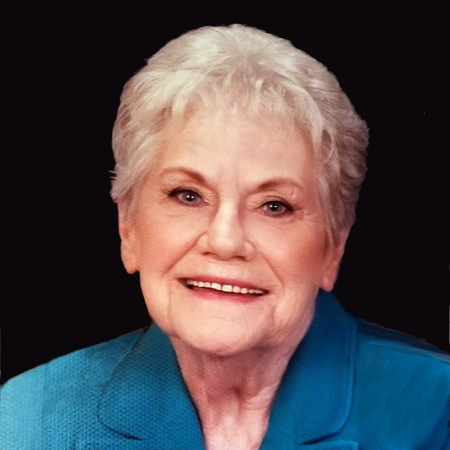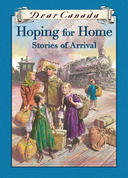
Tomorrow’s Bread is a novel about injustice and racism, but it is equally about the bonds of community. Mayhew’s Brooklyn, though fictionalized, helps recreate a vibrant and memorable community filled with complex and unforgettable characters. Parts of Brooklyn were poor, so planners at the time used the term “blight” to describe it and justify its destruction. Brooklyn’s fate, in Mayhew’s novel, and in history, is entwined with the people inside and outside its boundaries.

The grocery store, the floral shop, the nightclub, the pharmacy, the movie theater.

The local church’s cemetery, where the unmarked graves of slaves lie beside well-maintained family plots. Mayhew draws a complex portrait of Brooklyn, once the largest African-American neighborhood in Charlotte, N.C., with clarity and loving detail: Little Sugar Creek, which runs near Loraylee’s house and whispers at night to her and her son Hawk. Tomorrow’s Bread isn’t only a novel about people. She is part of a fascinating constellation of people, black and white, who defy the expectations and the limitations that the segregated South imposes on them. Loraylee, young, determined, and enterprising, is the heart of this novel as she navigates the difficult terrain of nurturing an ailing mother, raising a young son, and loving a good man forbidden to her.

Its title is drawn from a 1949 Langston Hughes poem, “Democracy,” with its urgent message: “I do not need my freedom when I’m dead/I cannot live on tomorrow’s bread.” It’s about segregation and the cruelties of urban “renewal” in the late 1950s and early ’60s.

“Tomorrow’s Bread, AJ Mayhew’s tender and fierce new novel, explores an era that is both distant and relevant to our present.


 0 kommentar(er)
0 kommentar(er)
